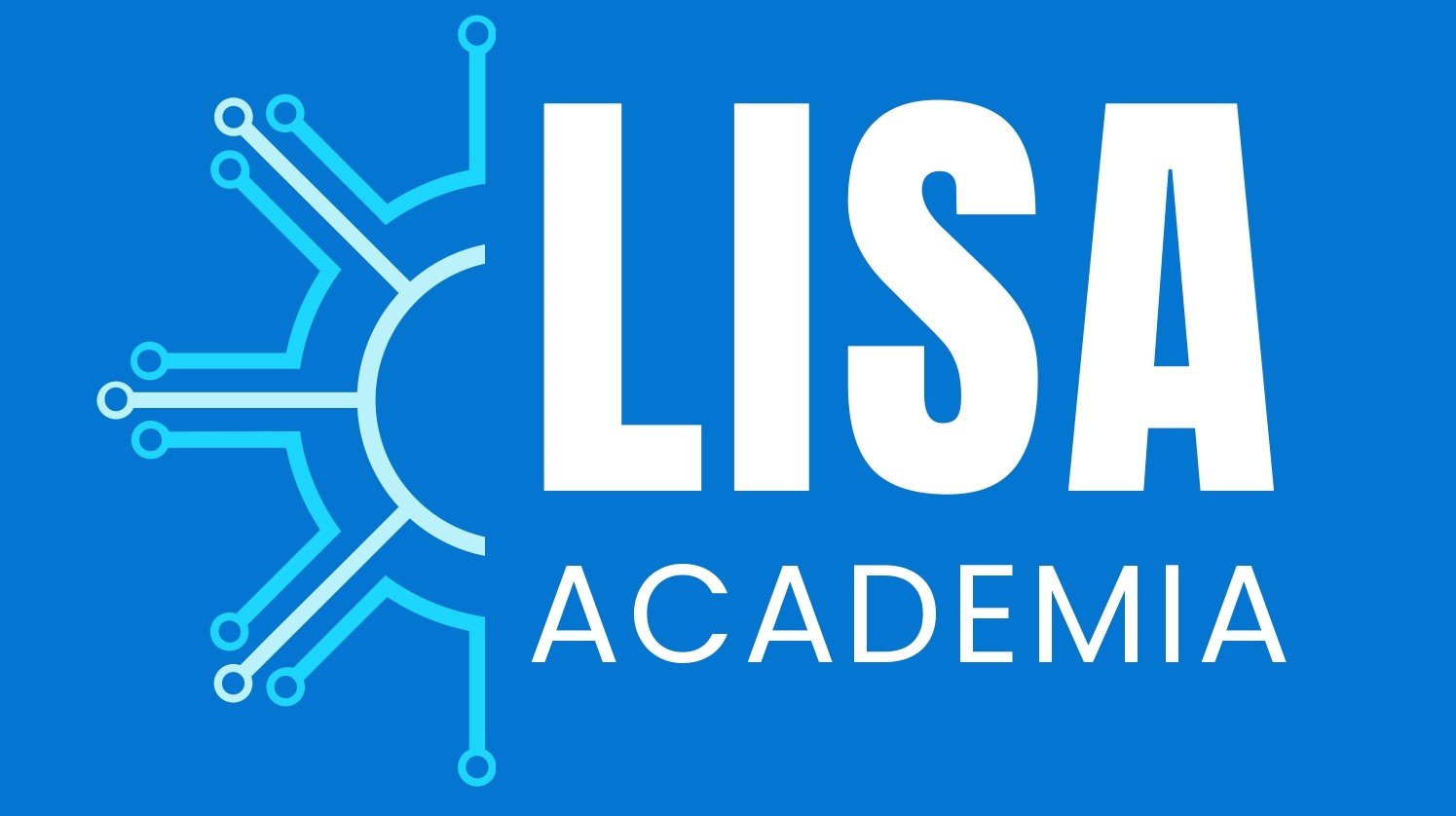Biology is the study of living organisms and the vital processes that keep them alive. In high school biology, students explore the structure and function of cells, the basic unit of life, and learn how organisms grow, reproduce, and interact with their environments. Key topics include genetics, where you’ll study how traits are inherited, and evolution, which explains the diversity of life on Earth. You’ll also dive into ecosystems, examining how living things depend on one another and their surroundings. Through a combination of laboratory work, field studies, and theoretical learning, biology helps students develop a deep understanding of the natural world and the scientific principles that govern life.
In the Ontario high school biology curriculum, students explore the fundamental concepts of life sciences through both theoretical lessons and hands-on activities. Topics include cell structure and function, with a focus on processes like cellular respiration and photosynthesis. Genetics is also a key component, where students learn about DNA, inheritance patterns, and genetic technologies. Additionally, the curriculum covers biodiversity, evolution, and ecosystems, helping students understand the interdependence of organisms and their environments. Students are encouraged to develop skills in scientific inquiry, problem-solving, and critical thinking, as well as ethical considerations, particularly in areas like biotechnology and environmental conservation. The curriculum emphasizes real-world applications of biology, preparing students for future studies and for making informed decisions about biological issues in everyday life.

